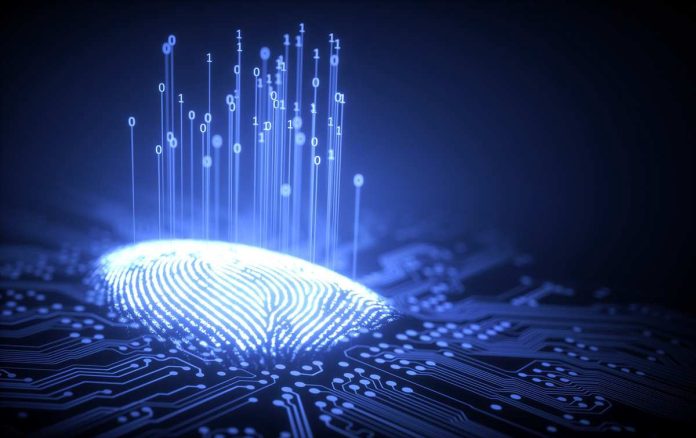The rapid progression of technology is hugely exciting, but it also brings about risks. As the internet expanded around the world, the tactics of cybercriminals were never far behind. Passwords have never offered an infallible form of protection, and they are now less effective than ever.
Biometrics are already creeping in, and most new devices are equipped with fingerprint or facial recognition software. It’s now a case of integrating all websites with this and foregoing passwords altogether. Biometrics could also become widespread in the everyday world in the next few years.
Passwords Are Less Effective
Passwords have been used since the dawn of the internet and even existed before the World Wide Web. Indeed, the first-ever digital password was conceived in 1961 by Fernando Corbato, a computer science professor at MIT. Passwords are great in many ways, but there’s no doubt that the influence of this login method is waning.
Passwords can be limited and risky, but this is usually to do with internet users being uneducated on proper password conduct. For instance, it has been found that 32 per cent of people use the same password at five or more websites. This has led to numerous data breaches over the years. The most famous of these was probably the Quora data breach in 2018. In the breach, hackers exposed the data of 100 million users of the service, equating to 50 per cent of everyone on the site. Passwords used to be fine when we only had a few websites to log on to. But now that the internet has become a vast online ecosystem, we may require a more streamlined method that allows us to access all areas with the same key.
Many Apps Now Have Integrated Biometrics
It’s hard to ignore the rise of biometrics, which are now a key feature of the latest smartphones, tablets, and laptops. It won’t be long before facial or fingerprint software is on every device in the world. At this point, it would make sense for biometrics to become the number one form of logging on to websites, however, it will require businesses to form agreements with the various hardware providers, and it could be a slow process before there’s a full roll-out.
There’s no doubt, however, that biometrics offer a superior login method to passwords. That’s why many of the world’s leading apps have been quick to adapt to the new security method and offer it to their users. Many of the best banking apps and payment platforms, such as Lloyds Bank and PayPal, have biometric authentication. It’s also found in other places that require users to submit their personal details. For example, people who use an app for buying lottery tickets may find they can enable biometric login. That means that users never need to worry about forgetting their password or being hacked.
Biometrics will have widespread use in person as well as online. They are already being used in some airports around the planet, with China pioneering this form of security. They could be useful for things other than security in the future, such as making payments in shops.
Biometrics appear to be on the way to replacing passwords, but it could still be a long while before they become ubiquitous. By the time Web3 comes to fruition in the 2030s, users may be able to finally say goodbye to passwords altogether.
Other Technical Reviews:- Reviews














